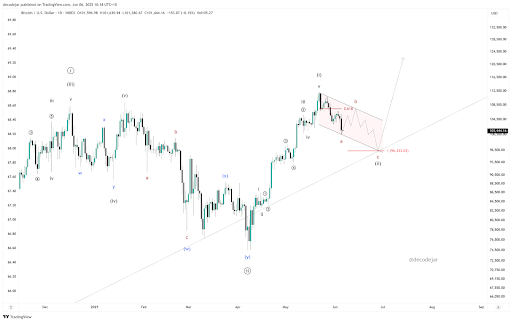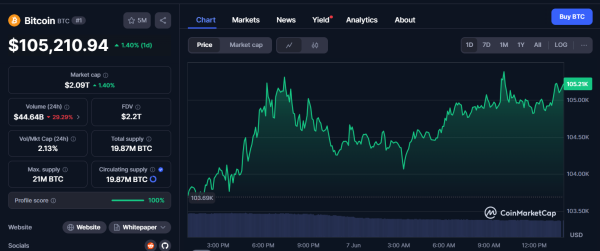Key Points:
- Bitcoin price performance has led asset classes since 2011, up 145.9% as of July 5, 2024.
- Bitcoin fell to $53,500 due to liquidations by Mt. Gox and government entities.
- Big holders have accumulated 212,450 BTC during recent volatility, now owning 1.05% of the total supply.
Bitcoin Price Performance Tops Asset Classes
Data presented by Saylor shows that, since 2011, Bitcoin remains the best-performing asset. As of July 5, 2024, Bitcoin has surged by 145.9%, outpacing significant other assets such as US Growth (16.3%), NASDAQ 100 (18.99%), US Large Caps (13.7%), and gold (3.5%).
Bitcoin price performance’s growth is particularly notable during its four-year halving cycles, which often leads to substantial value increases. Early in 2024, Bitcoin’s bullish momentum was further supported by the SEC’s approval of US Bitcoin ETFs, resulting in a significant influx of capital and heightened interest from investors.
However, the cryptocurrency market has recently faced a correction. In early July, Bitcoin experienced a substantial outflow due to liquidations by the defect Mt. Gox exchange and the US and German governments. This led to a four-month low of $53,500 on July 5. Despite a generally stable weekend, concerns linger about further sell-offs by these entities, potentially impacting Bitcoin’s price.
Large Bitcoin Holders Increase Accumulation
In contrast, a recent analysis from Santiment reveals that wallets holding over 10,000 Bitcoin have capitalized on the six-week market volatility. These large holders, likely exchange liquidity providers, have accumulated an additional 212,450 BTC, now controlling 1.05% of the total Bitcoin supply.
Currently, Bitcoin is trading at $57,643 with a recovery from the $55,000 support level. Analysts suggest that a close above $60,000 in the coming days could signal further upward movement for Bitcoin, reinforcing its position as a leading asset in the financial market.
| DISCLAIMER: The information on this website is provided as general market commentary and does not constitute investment advice. We encourage you to do your own research before investing. |


